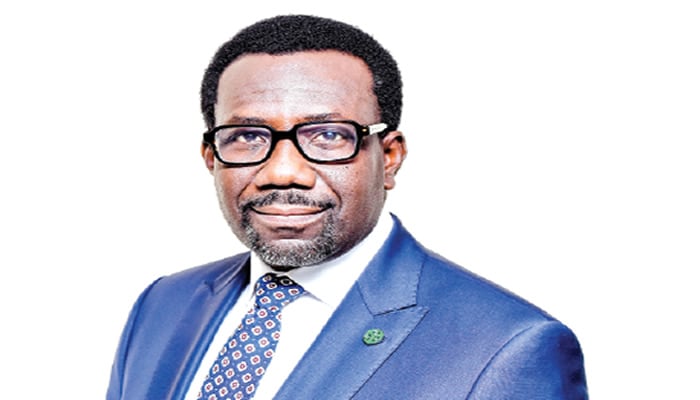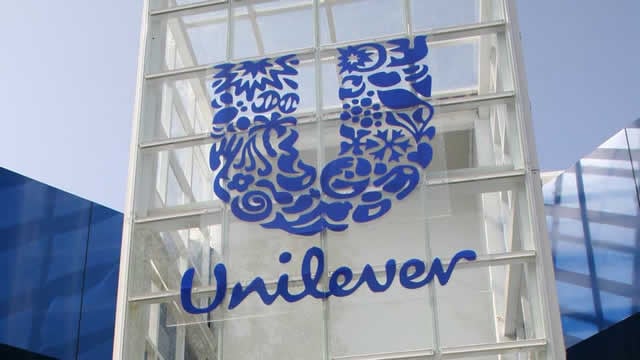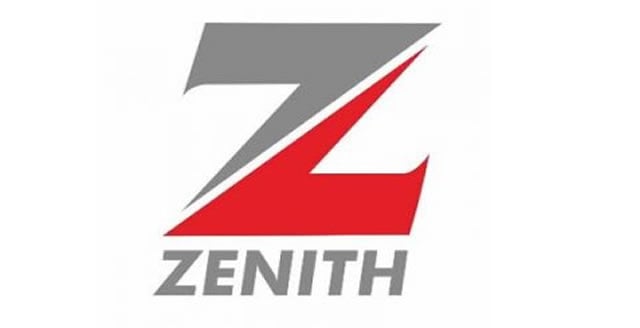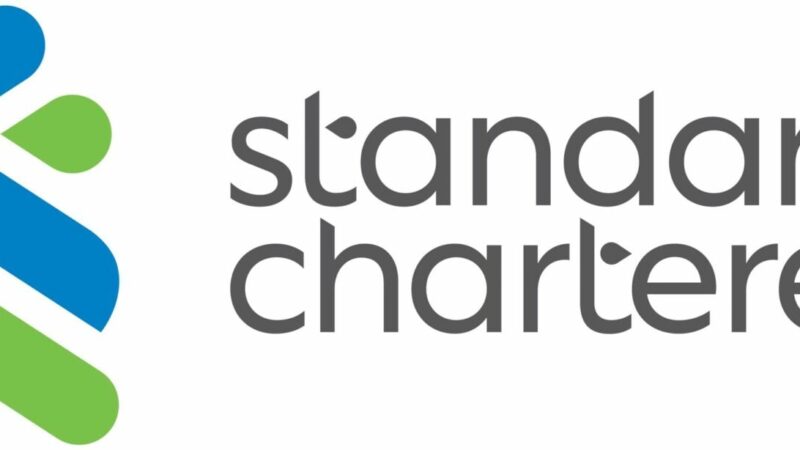FG targets N23tn GDP boost through value addition
 The Federal Government is concerned that Nigeria is losing money through excessive unprocessed raw material exports, considering that its GDP in 2024 averaged N19.83tn. In 2025, it mulls a value-addition law that will help to plug the leakages and increase real output to N23.2tn and beyond, ARINZE NWAFOR writes
The Federal Government is concerned that Nigeria is losing money through excessive unprocessed raw material exports, considering that its GDP in 2024 averaged N19.83tn. In 2025, it mulls a value-addition law that will help to plug the leakages and increase real output to N23.2tn and beyond, ARINZE NWAFOR writes
The Federal Government is eyeing a 17 per cent year-on-year growth in real output, targeting an increase in real Gross Domestic Product to N23.2tn by implementing a new bill mandating 30 per cent value addition to raw materials before export.
In a phone interview with The PUNCH, the Director-General and Chief Executive Officer of the Raw Materials Research and Development Council, Prof. Nnayelugo Ike-Muonso, noted that the Federal Government is banking on increased domestic production and reduced raw exports to drive economic expansion.
He said, “We have a quick estimate from a helicopter model we constructed. What we have done, using some experts when we started this bill, was that the economy would grow, real output, by more than 17 per cent on a year-on-year basis.”
Real output of an economy refers to the total value of all goods and services produced within a country over a given period, adjusted for inflation.
Nigeria’s real GDP in 2024 averaged N19.83tn, according to data from the National Bureau of Statistics. Quarter-on-quarter figures stood at N18.28tn, N18.29tn, N20.12tn and N22.61tn for Q1 to Q4 of the preceding year. An increase of 17 per cent in the average real output would push GDP to N23.2tn.
The RMRDC DG, while describing the 17 per cent growth estimate as “ambitious yet modest,” said the bill represents Nigeria’s best shot at boosting productivity, industrialisation, and prosperity.
“In terms of the potential to create prosperity for Nigeria, it is awesome. It is something that everybody needs to support because it is at the very heart of production and productivity,” he asserted.
On July 2,2025, the Nigerian Senate approved an amendment to the Raw Materials Research and Development Council Act, 2022, which mandates that exporters must process at least 30 per cent of raw materials locally before exporting. Sponsored by Sen. Onyekachi Nwebonyi, the goal is to stimulate value addition, strengthen domestic manufacturing, reduce imports, and spur sustainable economic growth.
Under the new rules, failure to meet the 30 per cent processing threshold will incur a 15 per cent levy on the export value and could lead to the suspension or revocation of the exporter’s value-addition certificate.
Further, the amendment proposes that the RMRDC will issue guidelines detailing what qualifies as 30 per cent processing, covering aspects like standards, technology, and environmental safeguards. Any exports not meeting the threshold will be classified as “smuggled goods” under existing customs regulations.
Senate President Godswill Akpabio described the amendment as a major step toward Nigeria’s industrialisation, adding that the law would reduce reliance on imported materials, attract investment into local processing capacity, and boost the competitiveness of Nigerian exports on the global market. The 30 per cent value-added bill awaits presidential assent.
RMRDC proposes an all-encompassing bill
Ike-Muonso explained that Nigeria’s real sector will benefit from the bill, both the non-oil goods such as solid minerals and agricultural products and the oil sector. Notwithstanding, the RMRDC DG admitted that these are finer details of the broader scope of the law.
He said, “Crude oil is a raw material. We export oil in its raw form and get back only fuel. We lose additional revenues because we just exported crude oil in that form. If the understanding of this bill deepens, it will also go beyond just the non-oil sector to include oil.”
The bill, which aligns with a 2009 ECOWAS directive on value addition for duty-free exports, requires a minimum 30 per cent local value addition to all raw material exports. This could include refining, processing, or packaging enhancements aimed at boosting the export value of goods.
According to Ike-Muonso, many countries, including Nigeria’s trading partners, already follow this principle to retain wealth within their borders.
“If we process copper here, it will be difficult to hide or remove the gold content embedded in it. When exported raw, they smelted it abroad and made excess profits,” he stressed.
To support the policy’s implementation, the RMRDC is preparing to issue value-addition certificates for exports and partner with Customs and other border agencies to enforce compliance.
Ike-Muonso explained, “Our job is to train those agencies because we are going to work with them. In fact, the Customs wrote to us that they need to understand more about these raw materials so they can identify them correctly.”
The Council also plans to introduce tax incentives for manufacturers that use at least 30 per cent local raw materials in their production processes.
“We will be monitoring and auditing the utilisation of raw materials,” Ike-Muonso remarked. “All of these are meant to enhance the competitiveness of our domestic production.”
He added that the Council is finalising a guidebook to clarify what counts as 30 per cent value addition.
“You don’t necessarily need to turn sand into blocks for it to count,” he said. “It could be packaging, moisture control, selection, or any process that enhances the quality of the product.”
Private sector receives bill with cautious optimism
The organised private sector has expressed cautious optimism over the bill. In separate phone interviews with The PUNCH, manufacturers and industrialists say the 30 per cent requirement is attainable and already part of many companies’ backward integration strategies.
Chairman of the Manufacturers Association of Nigeria, Ogun State Chapter, George Onafowokan, said the private sector supports the bill and sees it as a tool for deeper industrialisation.
He declared, “Thirty per cent is an easy threshold for most manufacturers. Value addition is not only just raw materials; it includes manpower, hours, and fabrication. Some of us are already achieving 40 to 60 per cent through backward integration.”
He described the bill as a move to eliminate the abuse of local content policies: “You really don’t want local content based on throughput, where people sit in offices and call themselves agents. That’s abusing the system. This bill ensures we are, in reality, putting value into our goods.”
Echoing the Ogun Manufacturers Association chairman’s sentiment, National Vice President of the National Association of Small-Scale Industrialists, Segun Kuti-George, said the current practice of exporting raw materials is a major economic leak.
“You export raw cocoa at $10 per kg, and the chocolate comes back at $100 per kg. That’s not good. Once we export raw materials, we don’t get value. This bill is long overdue,” he said.
While he admitted he had not seen the full details of the bill, Kuti-George urged business leaders to support it, especially in light of the emerging African Continental Free Trade Area and global trade protectionism.
“Trade wars are going on now. Anything we’re doing should be to protect our industries. We cannot continue exposing ourselves to exploitation,” he said.
Tackling smuggling, other enforcement challenges
The bill contains punitive provisions to deter exporters from sidestepping the law. Among them is a proposed 15 per cent levy on unprocessed raw material exports and the withdrawal or suspension of value addition certificates for violators.







